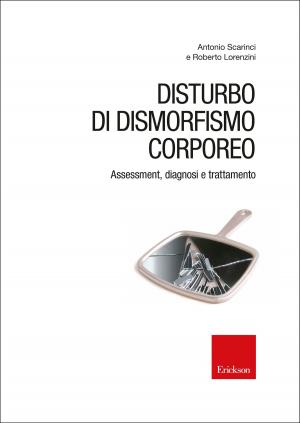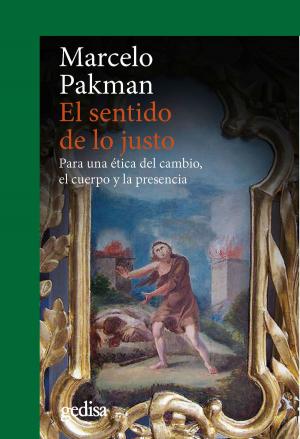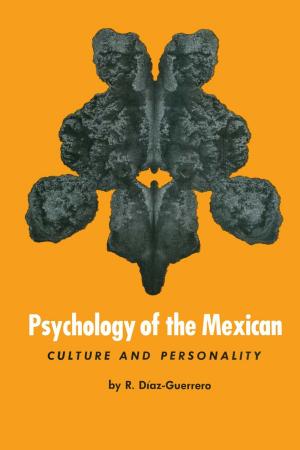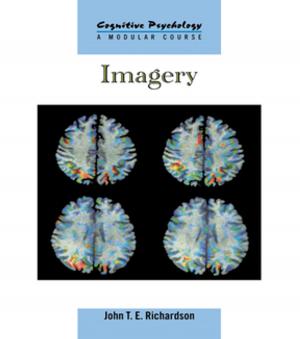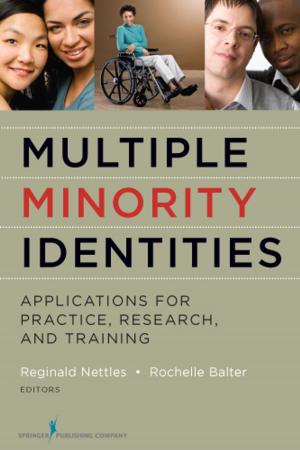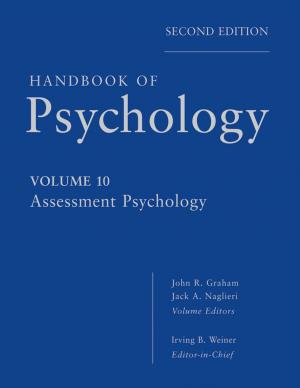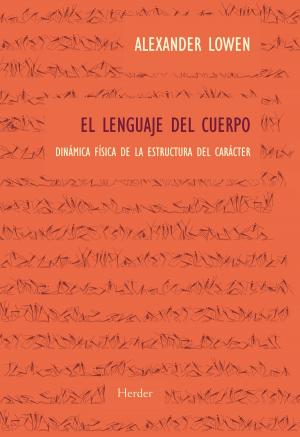Thoughts on Creation
Nonfiction, Religion & Spirituality, Philosophy, Health & Well Being, Psychology| Author: | Curtis B Cline | ISBN: | 9780997525915 |
| Publisher: | Thoughts On Publishing | Publication: | June 5, 2016 |
| Imprint: | Thoughts On Publishing | Language: | English |
| Author: | Curtis B Cline |
| ISBN: | 9780997525915 |
| Publisher: | Thoughts On Publishing |
| Publication: | June 5, 2016 |
| Imprint: | Thoughts On Publishing |
| Language: | English |
Thoughts On Creation is a synthesis of the author’s understanding of science and religion trying to make sense of creation and our place in it. Throughout the work there is a basic theme of relating man’s activities and responsibilities in day-to-day life, to the impact his choices make regarding his existence in creation.
The author builds on early discussions of the origins of creation and organization of the infinite to provide a context where man is thought into existence in the mind of Creator. An overview of man as a child-of-creation is given so the reader can easily understand how we fit into the big picture of creation.
Man’s journey as a Divine Essence leaving the mind of Creator and appearing on the physical plane to learn, experience and evolve is clearly described. Simple explanations are given for how man develops his skills as a creator to manifest things and ultimately control his own destiny. The role of free will, discipline and responsible living are given close examination as they relate to daily life and the larger scheme of developing man as creator.
Compelling evidence is given regarding relationships and sex as people experience them explaining why we chose to pursue that special someone to be with. Insights involving how we relate to each other on an interpersonal level are discussed, including the use of awareness and perception of energy levels in others.
The role of the subconscious is discussed giving the reader an understanding of this vital piece of the human package. An explanation for and the importance of the complete vibratory record of our existence while on the physical plane is explored, including how this unique vibratory signature is used after our physical death to determine where we will relocate to in the non-physical, i.e. heaven or hell.
Philanthropic activities of charity and giving are discussed from different perspectives. One perspective talks about the roles of both giver and receiver needed to create the complete circuit empowering each to learn and experience from the event. The second perspective discusses giving or providing for another to handicap or control that person, thereby keeping them dependent. Emotional issues regarding dignity and self-esteem are discussed from both perspectives. The reader is given a much broader understanding of the learning opportunities presented when moved by compassion to help another.
The role of meditation in development of will power, concentration and emotional control is explored in regards to development of man as creator. Part of this creating practice is learning how to heal or send energy at will to help others. The importance of daily meditative practice is stressed to develop skills and abilities empowering one to manifest more effectively the life they want and the awareness needed to enjoy it.
Religion and law, although closely related, are discussed separately in this work, because both are involved with cause and effect of the choices we make. Considerable time is spent explaining the part religion has to play in the development of the new creator. The use of an intermediary to communicate with creation is explained, as is the end of the relationship when the new creator finds a connection to Creator.
As stated at the beginning of this summary, this work is the culmination of an average man’s understanding of science and religion as commonly accepted; however, what sets this work apart from others are the conclusions reached by extrapolation and application of religious principles and scientific facts. This work is at the apex of scientific and religious thought where they blend together to provide the big picture of man’s place in creation.
Thoughts On Creation is a synthesis of the author’s understanding of science and religion trying to make sense of creation and our place in it. Throughout the work there is a basic theme of relating man’s activities and responsibilities in day-to-day life, to the impact his choices make regarding his existence in creation.
The author builds on early discussions of the origins of creation and organization of the infinite to provide a context where man is thought into existence in the mind of Creator. An overview of man as a child-of-creation is given so the reader can easily understand how we fit into the big picture of creation.
Man’s journey as a Divine Essence leaving the mind of Creator and appearing on the physical plane to learn, experience and evolve is clearly described. Simple explanations are given for how man develops his skills as a creator to manifest things and ultimately control his own destiny. The role of free will, discipline and responsible living are given close examination as they relate to daily life and the larger scheme of developing man as creator.
Compelling evidence is given regarding relationships and sex as people experience them explaining why we chose to pursue that special someone to be with. Insights involving how we relate to each other on an interpersonal level are discussed, including the use of awareness and perception of energy levels in others.
The role of the subconscious is discussed giving the reader an understanding of this vital piece of the human package. An explanation for and the importance of the complete vibratory record of our existence while on the physical plane is explored, including how this unique vibratory signature is used after our physical death to determine where we will relocate to in the non-physical, i.e. heaven or hell.
Philanthropic activities of charity and giving are discussed from different perspectives. One perspective talks about the roles of both giver and receiver needed to create the complete circuit empowering each to learn and experience from the event. The second perspective discusses giving or providing for another to handicap or control that person, thereby keeping them dependent. Emotional issues regarding dignity and self-esteem are discussed from both perspectives. The reader is given a much broader understanding of the learning opportunities presented when moved by compassion to help another.
The role of meditation in development of will power, concentration and emotional control is explored in regards to development of man as creator. Part of this creating practice is learning how to heal or send energy at will to help others. The importance of daily meditative practice is stressed to develop skills and abilities empowering one to manifest more effectively the life they want and the awareness needed to enjoy it.
Religion and law, although closely related, are discussed separately in this work, because both are involved with cause and effect of the choices we make. Considerable time is spent explaining the part religion has to play in the development of the new creator. The use of an intermediary to communicate with creation is explained, as is the end of the relationship when the new creator finds a connection to Creator.
As stated at the beginning of this summary, this work is the culmination of an average man’s understanding of science and religion as commonly accepted; however, what sets this work apart from others are the conclusions reached by extrapolation and application of religious principles and scientific facts. This work is at the apex of scientific and religious thought where they blend together to provide the big picture of man’s place in creation.


